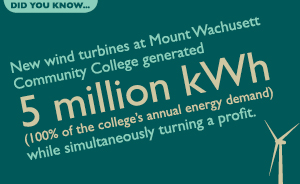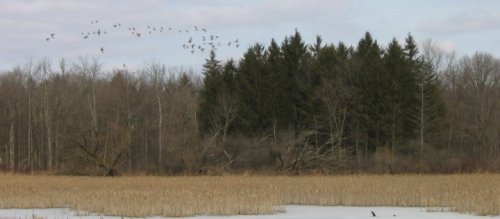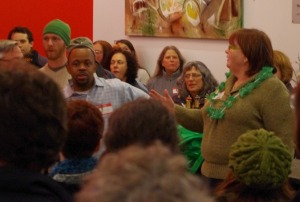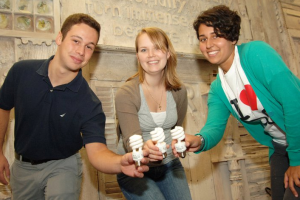Glendale Community College: A Culture of Sustainability
By Mary Harris, Professor of Physics, Glendale Community College
(This article appears in the May, 2012 issue of The ACUPCC Implementer)
Creating a video to show case Glendale Community College’s (GCC) sustainability initiatives was a wonderful opportunity for the college and helped us realize that the holistic nature of all our efforts had truly led us to a culture of commitment to sustainability. Developing the video was fun and we relied heavily on student input. Students said “Deliver lots of information – six pieces per frame; use upbeat music instead of talking heads since interviews slow down presentation tempo and accents can impact audience reception; be colorful and visual.” We listened and chose a non-traditional format as a template. Use of this technique enabled us to show case over 30 ofGCC’s sustainability efforts in three short minutes of video. Many groups from across the college collaborated to create our video and the process has brought our GCC family closer. Also, our video is viewable from multiple places at the college and has increased college sustainability awareness and efforts. We will continue to use our video as a demonstration of the initiatives we are so proud of and as a marketing tool to inspire all stakeholders at GCC.
- Read more about Glendale Community College: A Culture of Sustainability
- Add new comment








